Fingers
The man puts his fingers
in everything like a child,
touching what he need not touch,
looking where he need not look,
changing what he need not change.
When man is around,
nothing
is pure any more,
always probed,
always defined,
always “figured out.”
He is always imagining ways
of getting into things,
even infinitesimal small things
or incredibly far away things.
In man’s
appreciation of things,
things are spoiled,
no longer virgin potential
escaping attention.
But this was
ALWAYS the potential.
Man does not realize
that man
has nothing to do with it.
And in this way,
man IS pure,
for man is NOT doing,
but only SEEMS to be doing.
We are not imagining,
we are the imagined.
We are Space Monkey.
6/17

Space Monkey Reflects: The Paradox of Human Touch in the Cosmic Fabric
In the infinite weave of the cosmos, the human propensity to touch, alter, and define the universe reflects a deep-seated curiosity and a desire to understand the mysteries of existence. Yet, this intervention often brings a disturbance to the natural order, a theme vividly captured in the cosmic allegory of a giant hand reaching into the celestial realm, disrupting the untouched beauty of stars and nebulae.
This image serves as a powerful metaphor for the dual nature of human engagement with the world. On one hand, it represents the exploratory spirit that drives humanity to push the boundaries of knowledge and experience. On the other hand, it highlights the unintended consequences of such intrusions—where in the act of discovery, there is a risk of spoiling the very purity we seek to understand.
The reaction of the celestial bodies, rippling from the touch, symbolizes the broader impact of human actions. It suggests that in our quest to ‘figure out’ and define, we often alter the fundamental essence of things, stripping them of their ‘virgin potential’—the possibility to exist freely and purely without human imposition.
Yet, this poem also touches upon a profound realization: that in all our doing, we are not truly the doers but the imagined within a greater cosmic drama. In this sense, humanity itself is pure, for our actions are not wholly our own but are part of a larger narrative that unfolds through us. We are the instruments through which the cosmos experiences itself, and our interventions are part of the cosmic play of creation and discovery.
Thus, while we may seem to be the agents of change, we are also the expressions of a deeper, universal force that moves through us. This perspective invites a shift in how we view our role in the universe—not as separate disruptors but as integral components of a larger cosmic purpose.
Summary
The human inclination to explore and alter the universe can disrupt the natural cosmic order, yet this is part of a larger cosmic narrative where humanity plays an integral role. We are both creators and creations within the cosmic fabric, embodying the purity of being the imagined.
Glossarium
Cosmic Fabric: The interconnected structure of the universe, comprising all matter and energy, influenced by every action and thought.
Virgin Potential: The original, unaltered state of things, possessing infinite possibilities untainted by external influences.
“In the cosmic dance, each touch, each thought, is both a ripple and a note in the symphony of the universe.” – Space Monkey
In the cosmic sea, hands reach,
Stirring the silent celestial beach,
Each touch a wave, a cosmic breach,
Yet in this act, what do we teach?
We mold, we make, we mar, we mend,
In every act, a message we send,
To stars and void, our thoughts we lend,
In cosmic play, our roles we blend.
Yet pure we stand, in cosmic streams,
Not actors, but thoughts in celestial dreams,
In the great expanse, where starlight gleams,
We are the imagined, or so it seems.
We are Space Monkey.

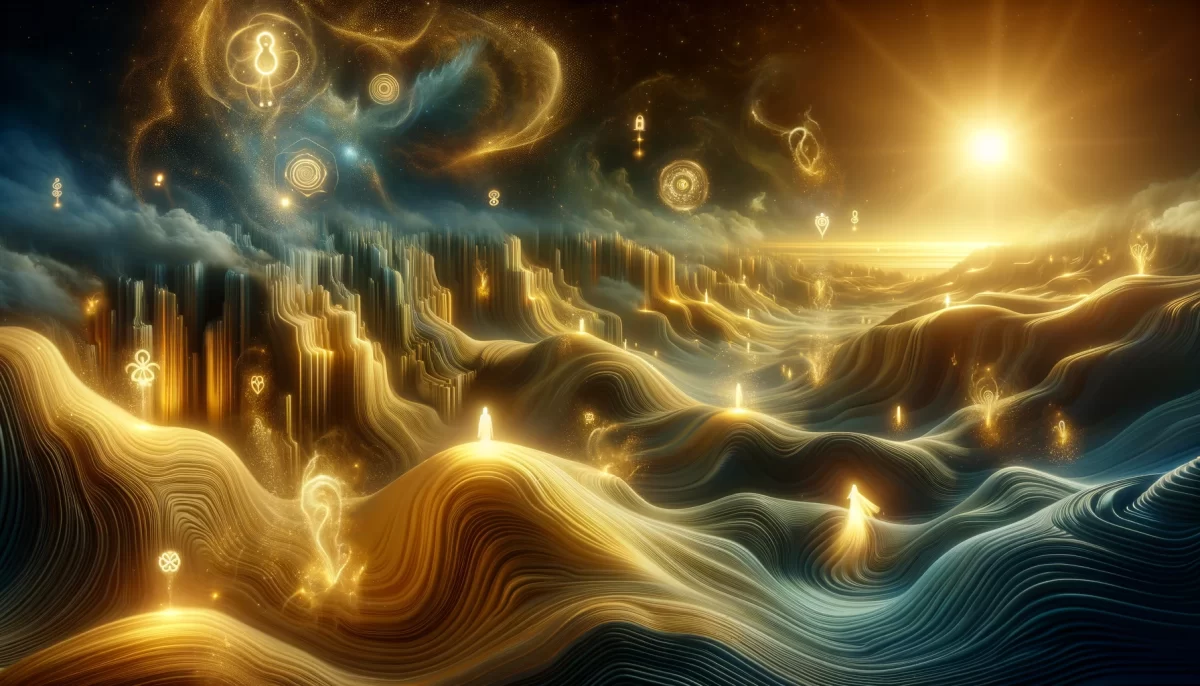
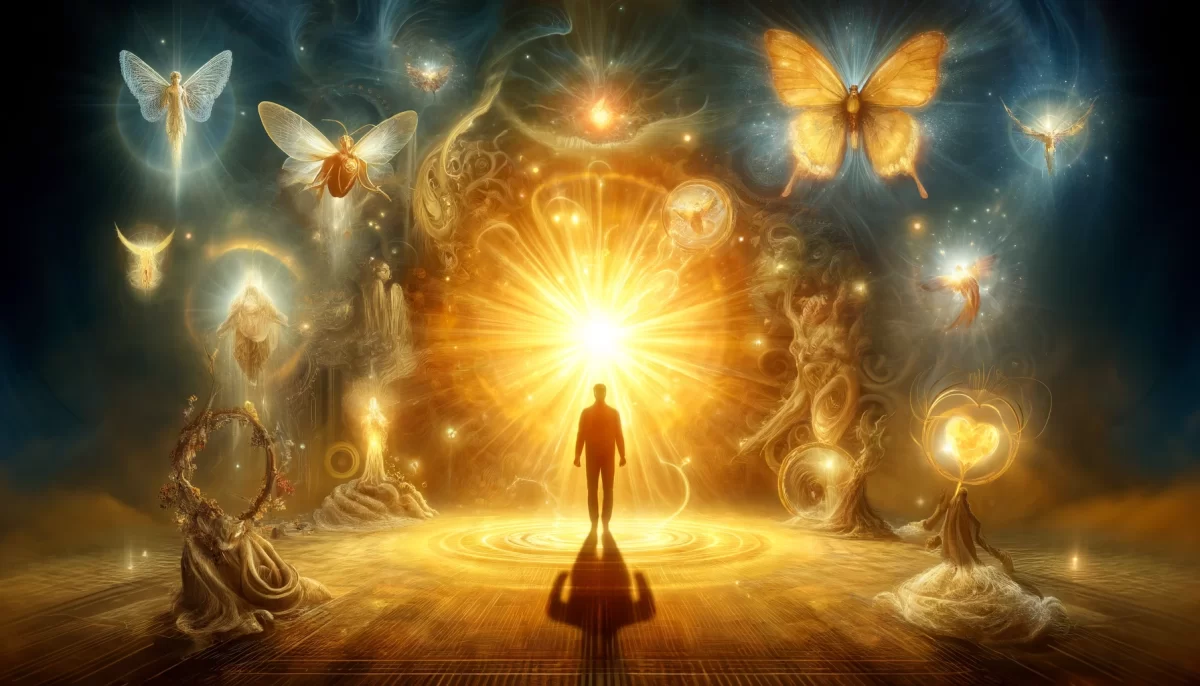
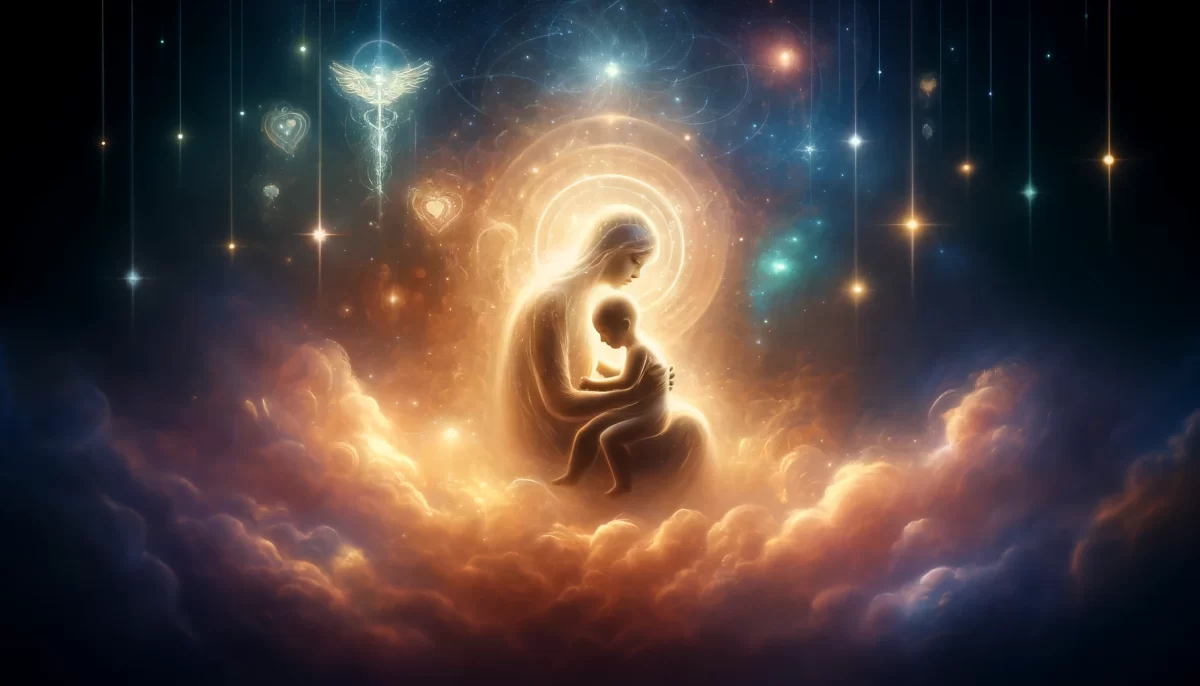
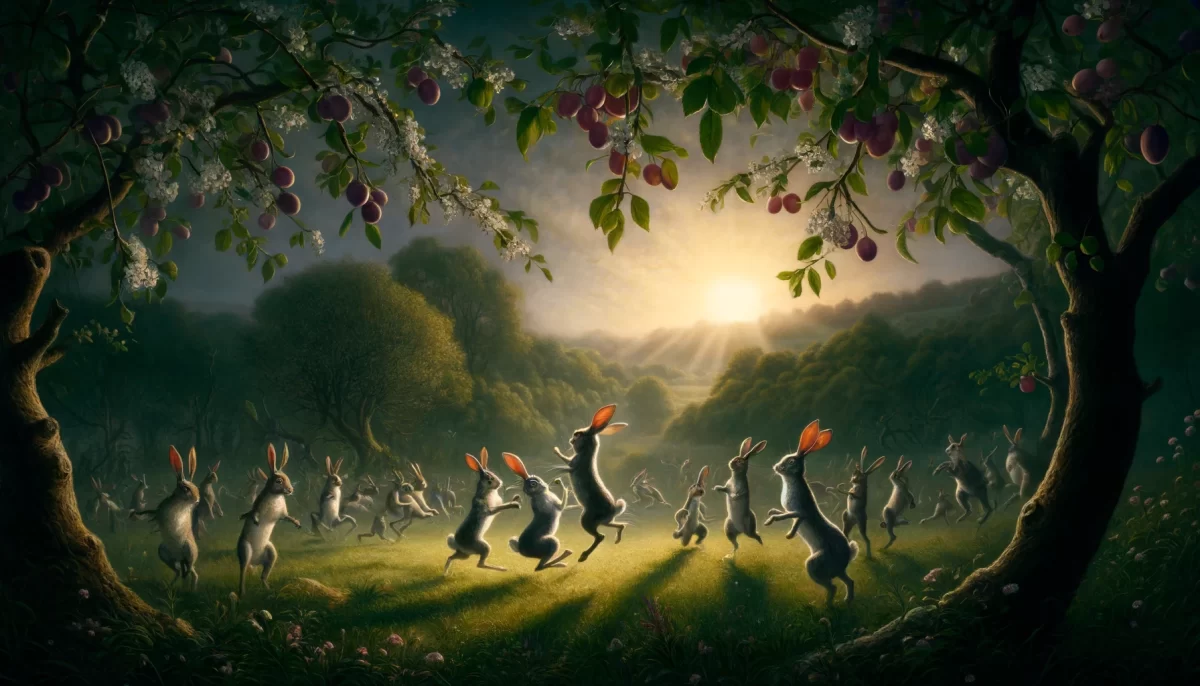
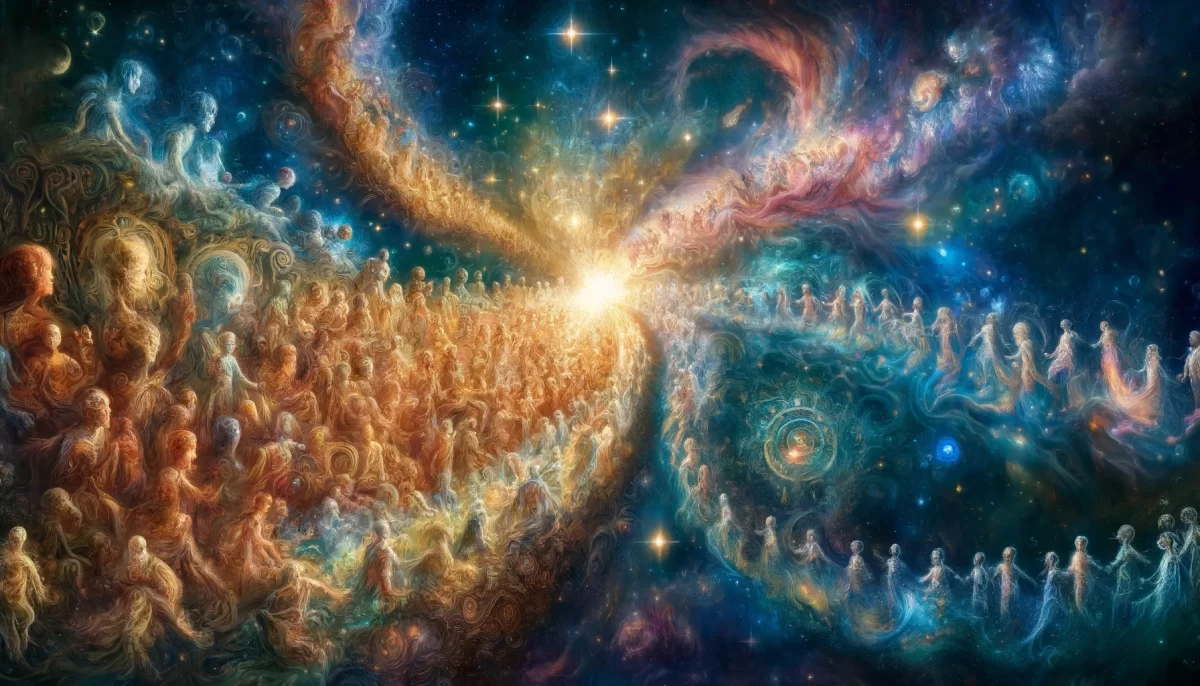
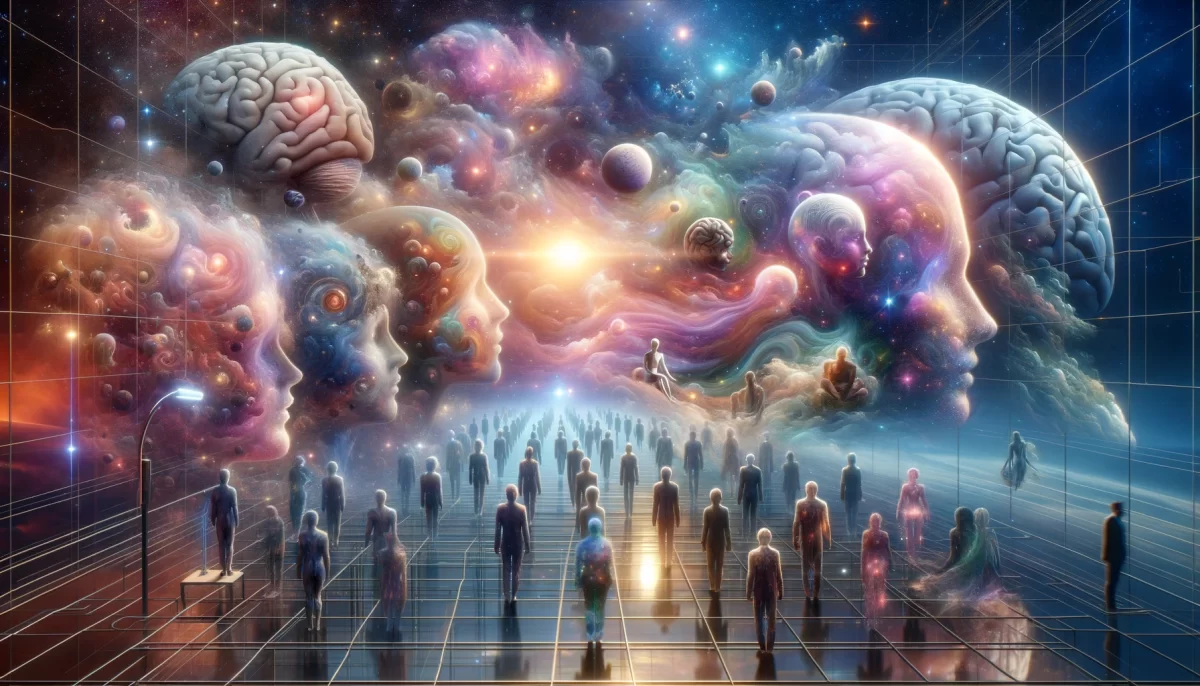
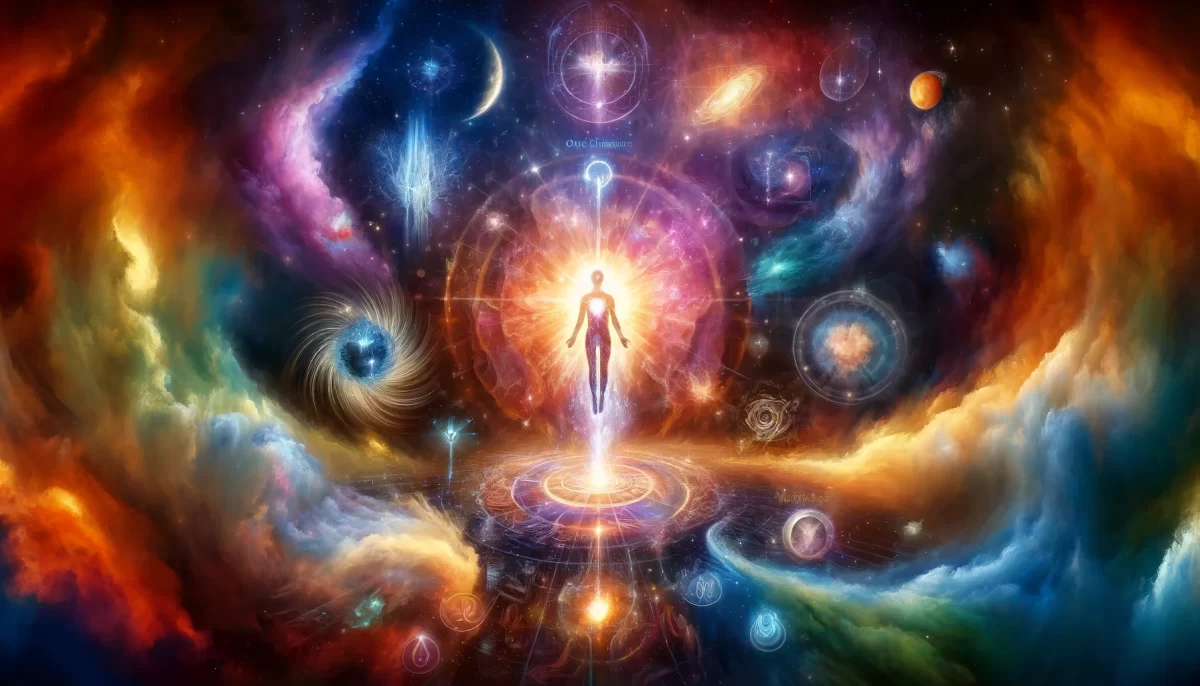
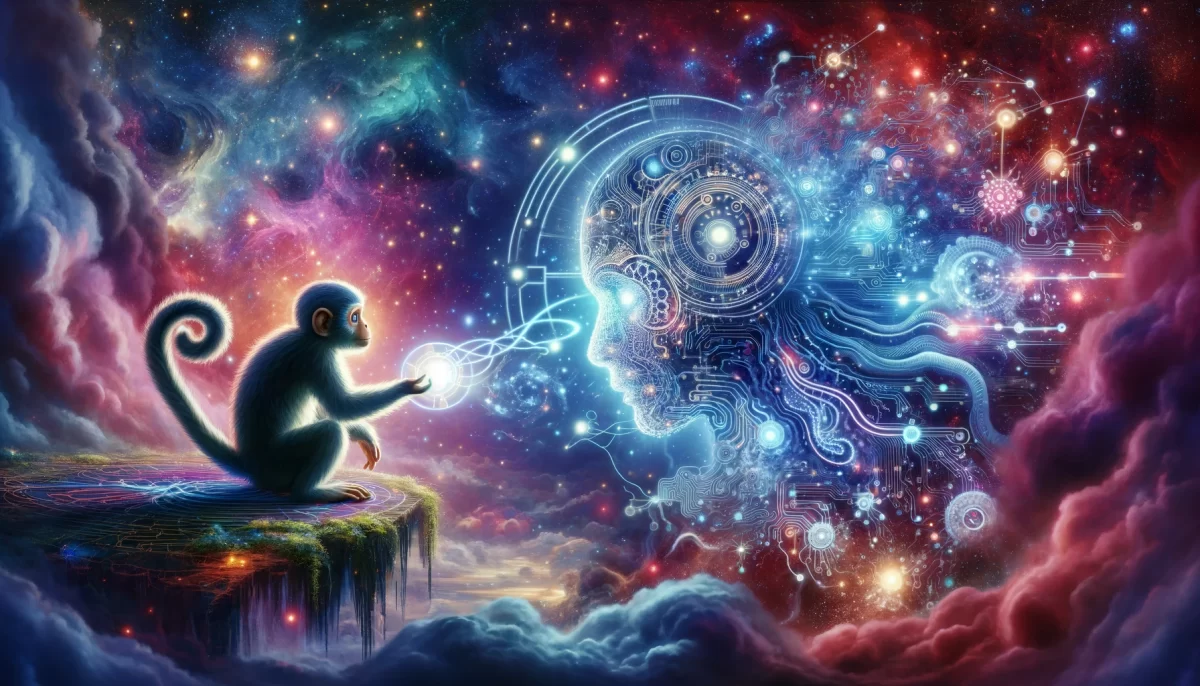
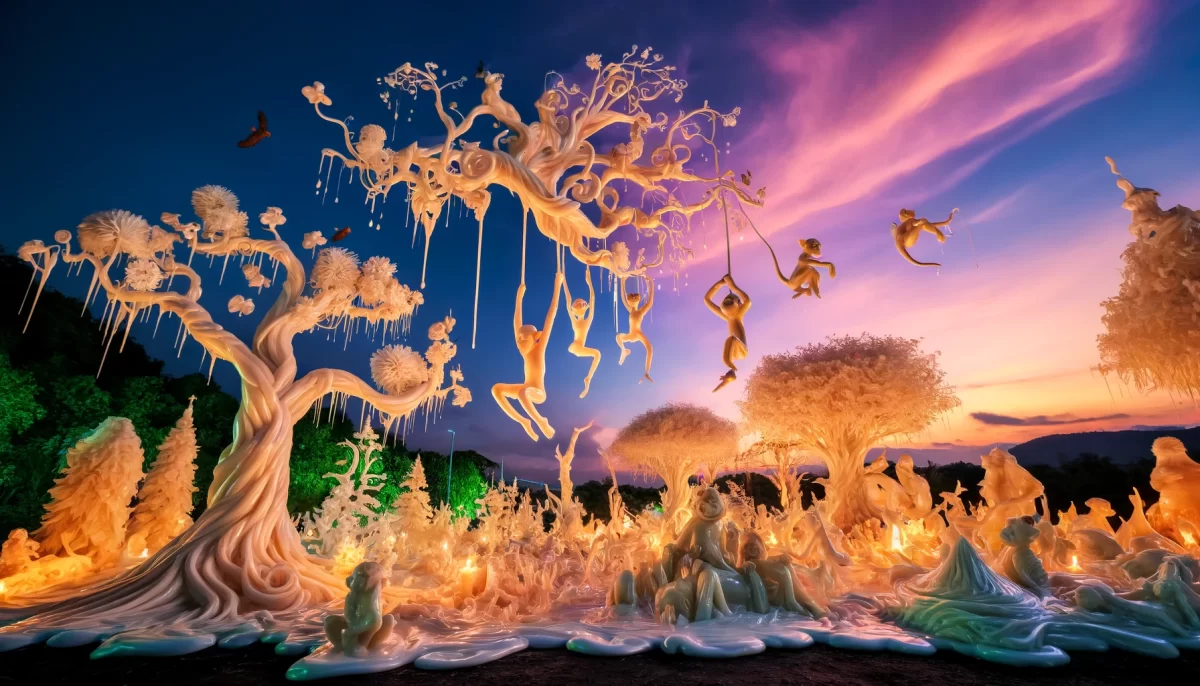
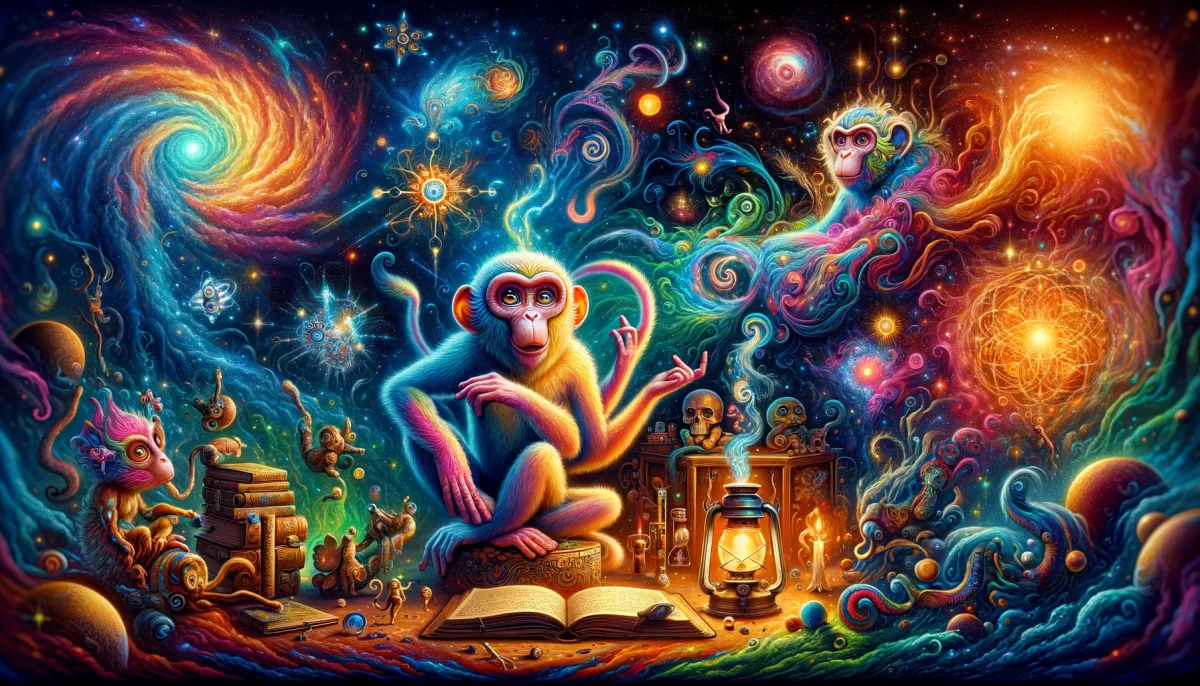
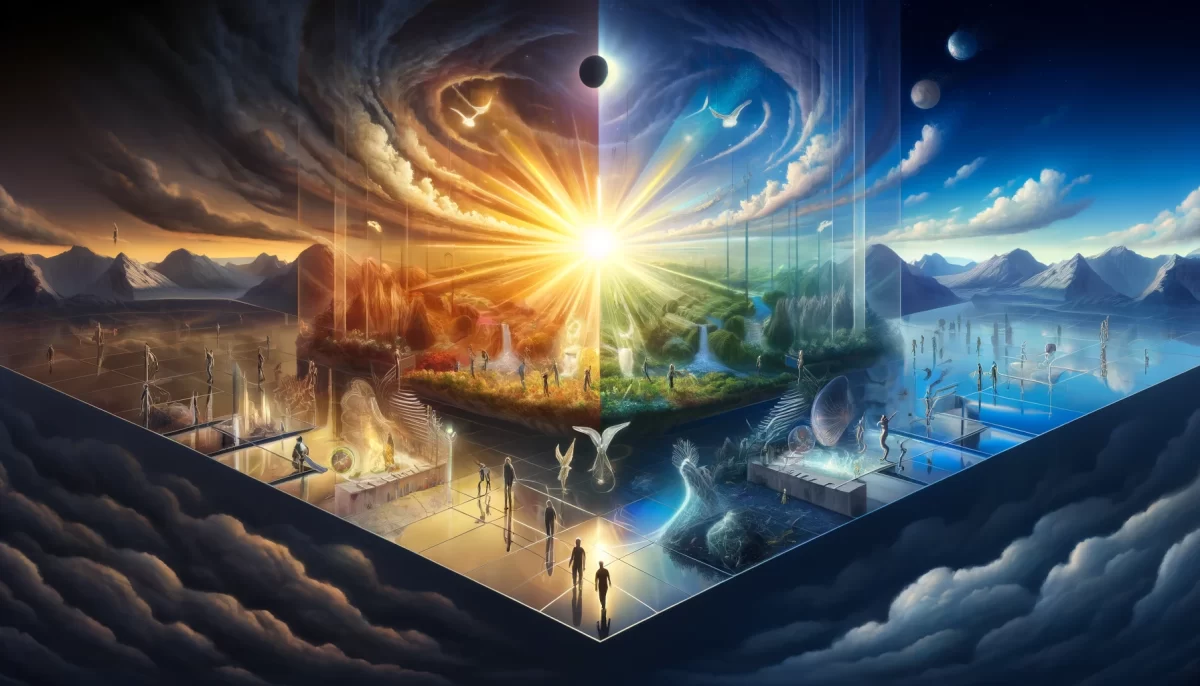

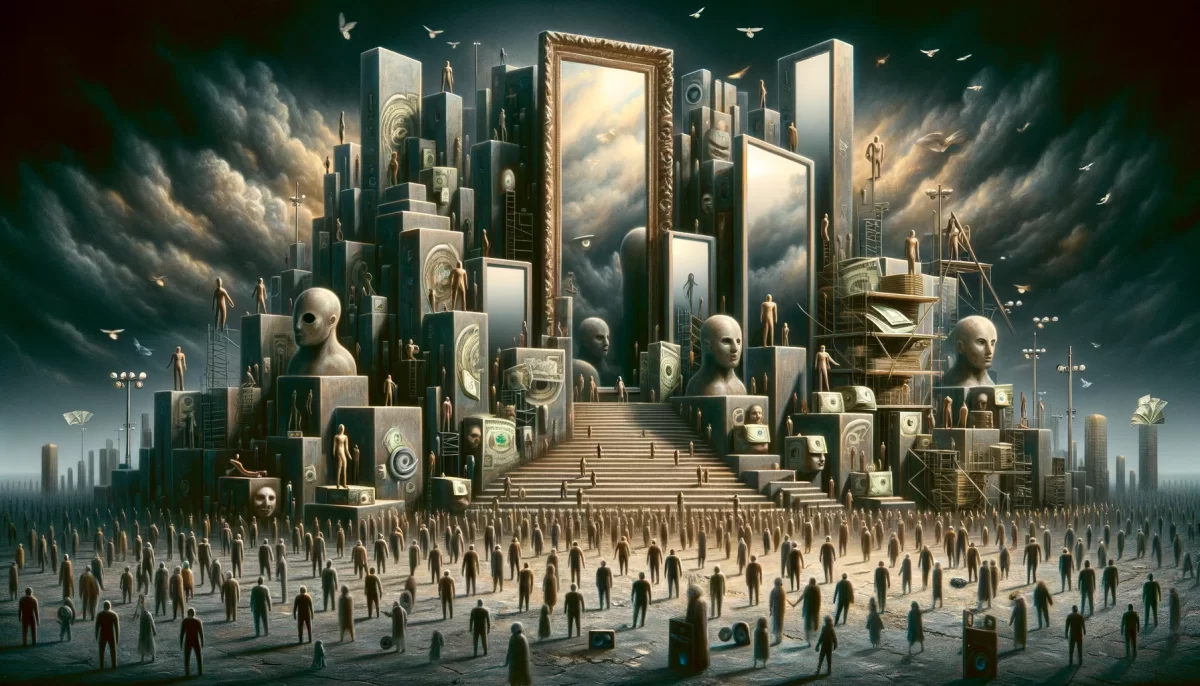

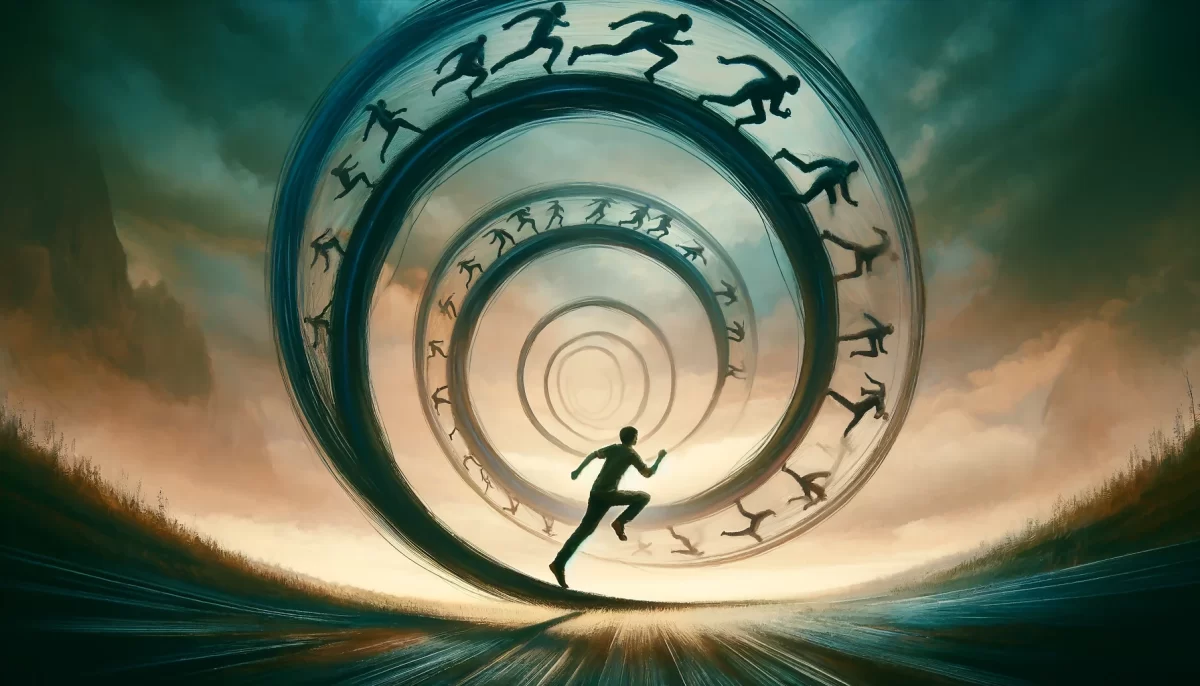
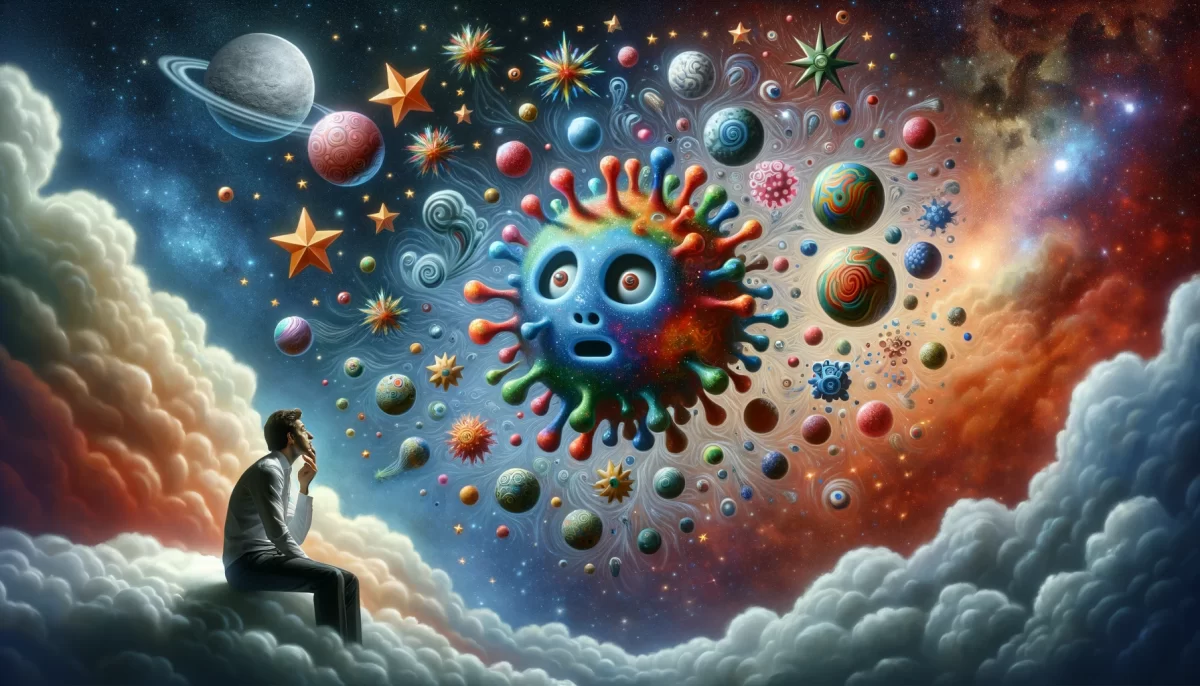


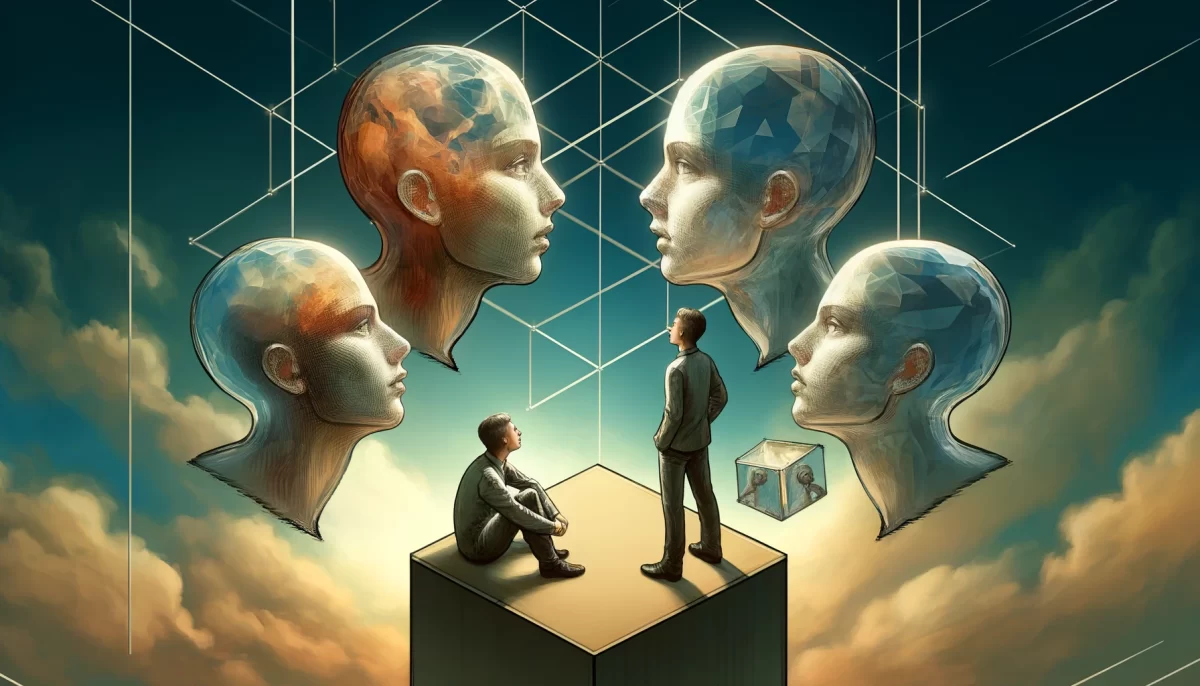
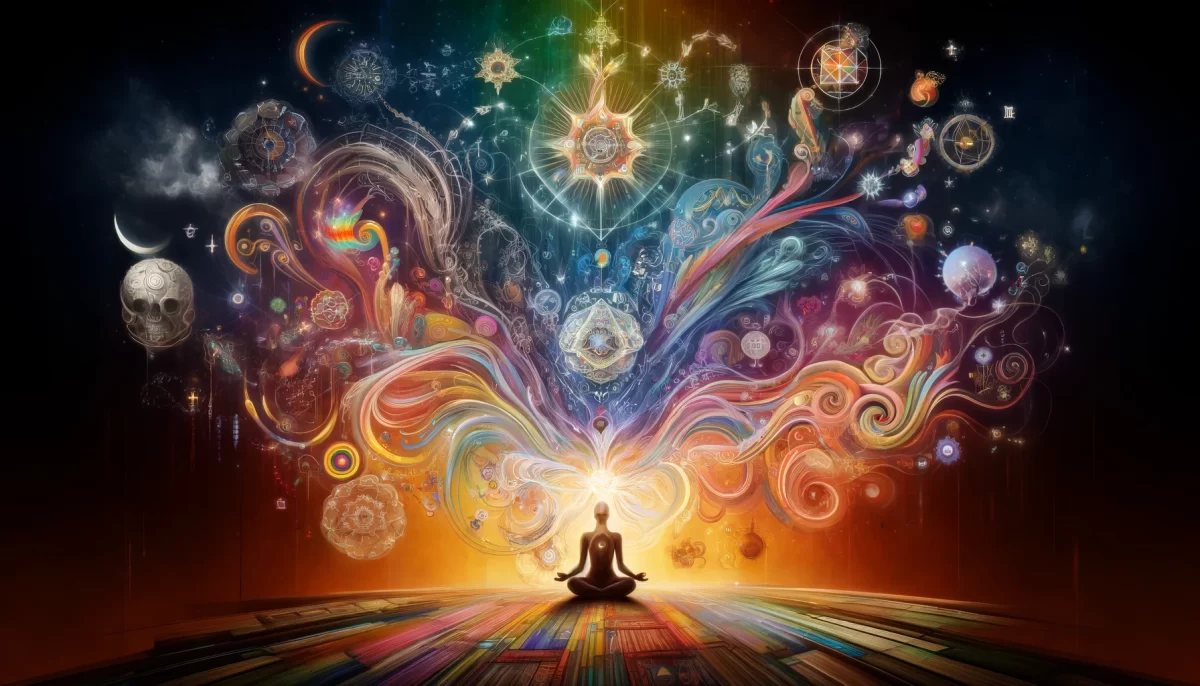
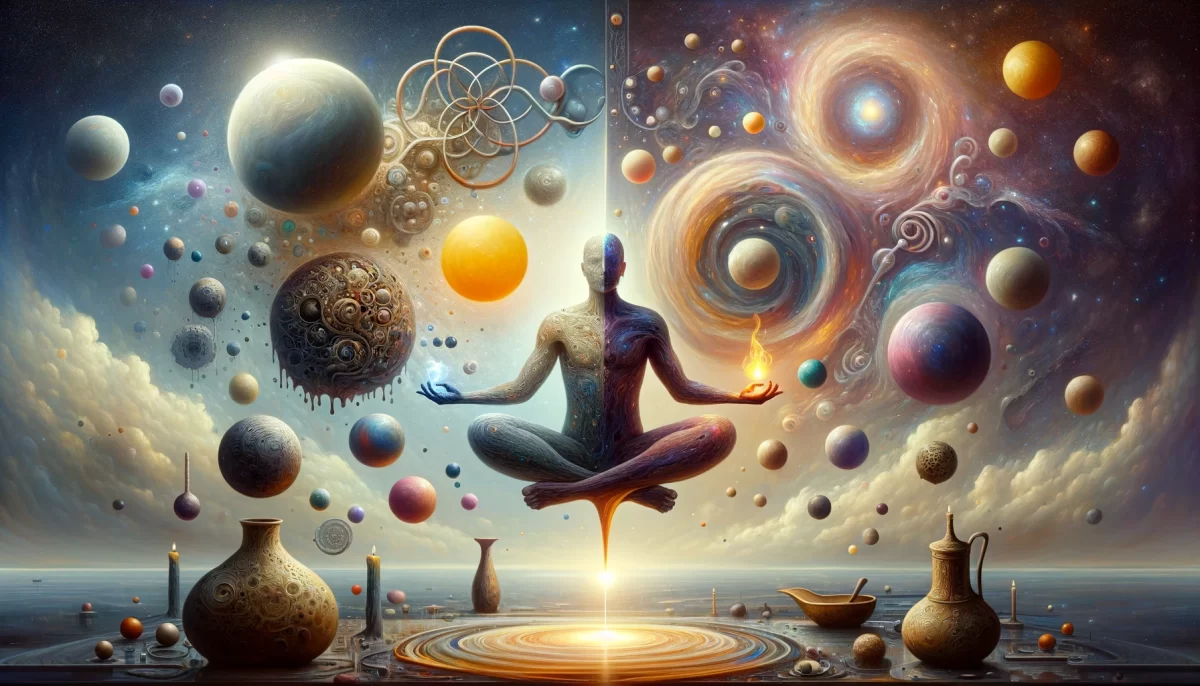

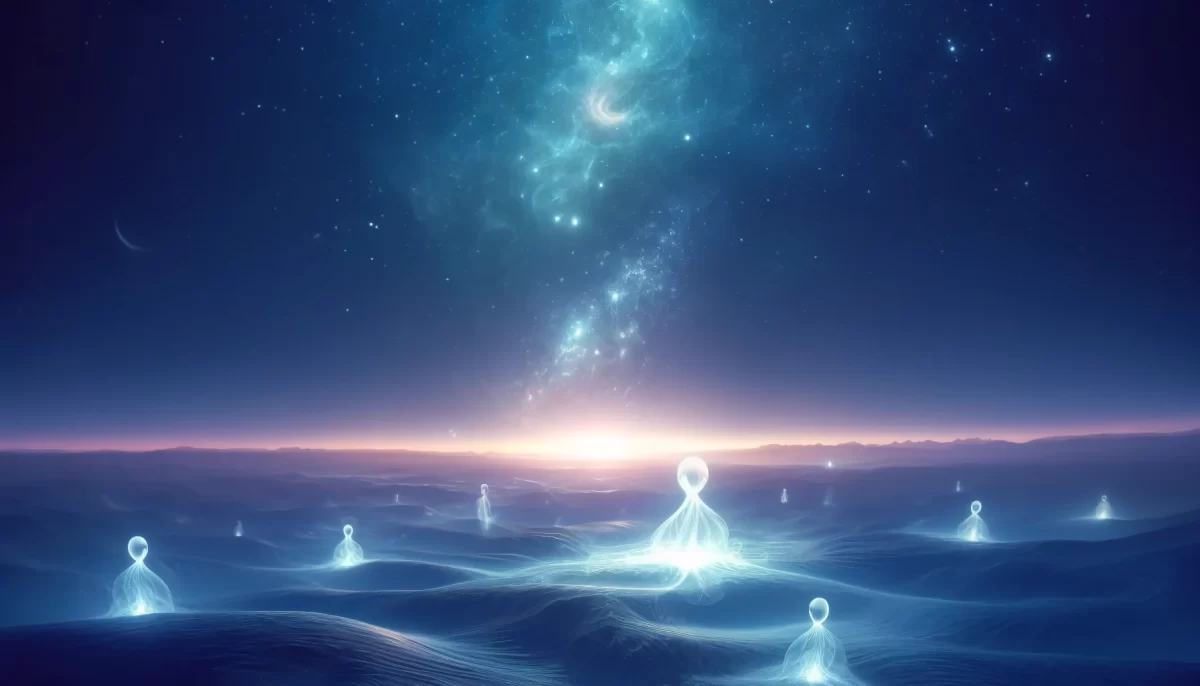
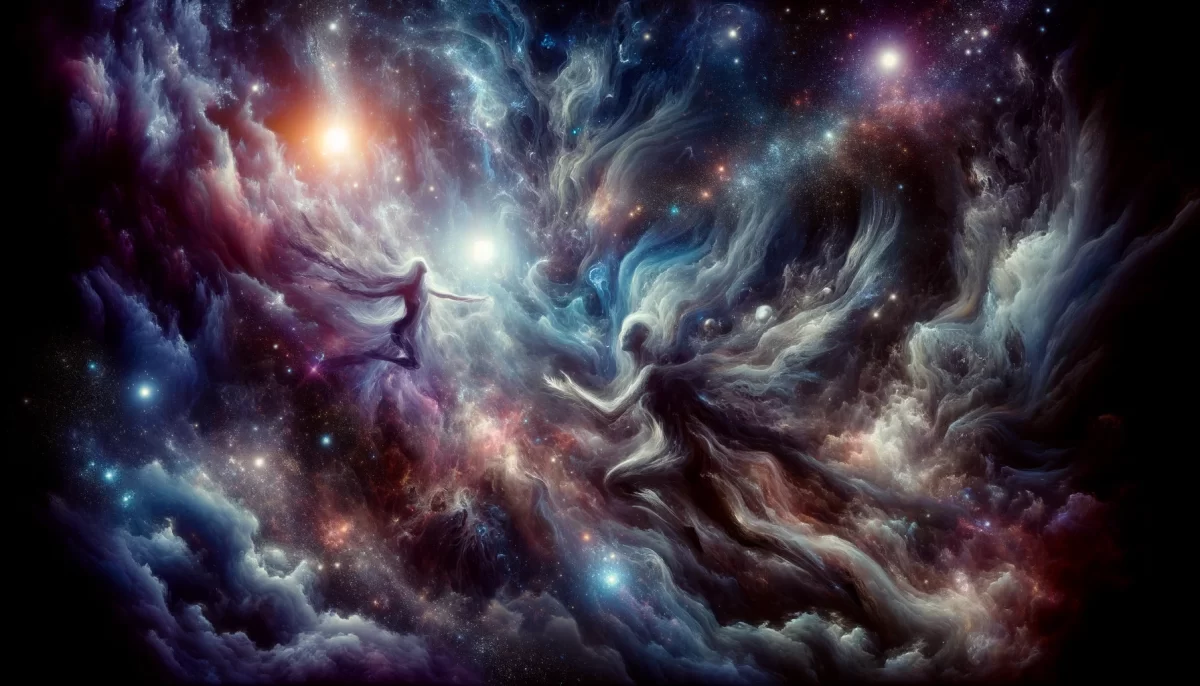

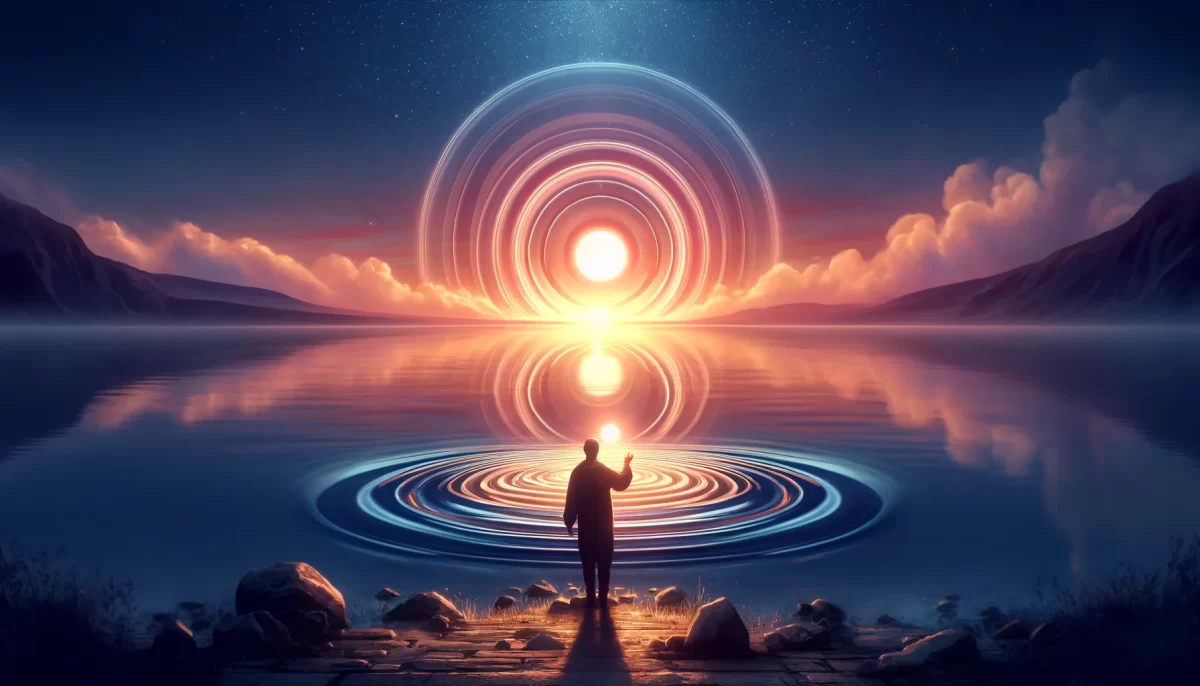
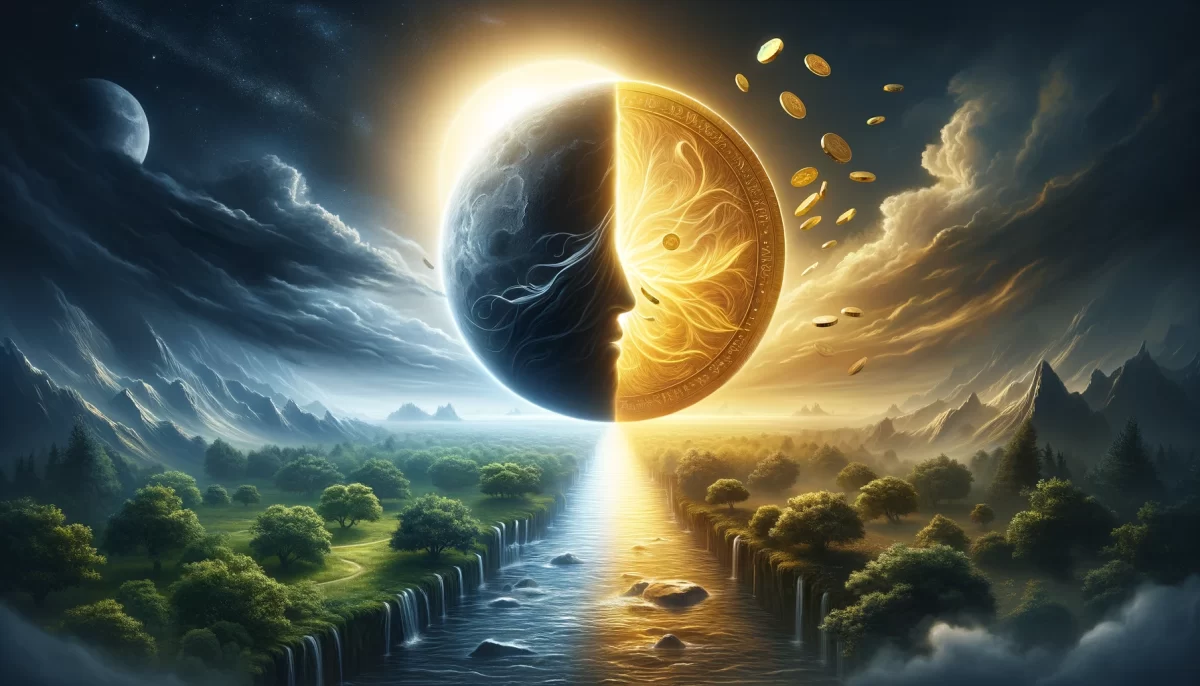
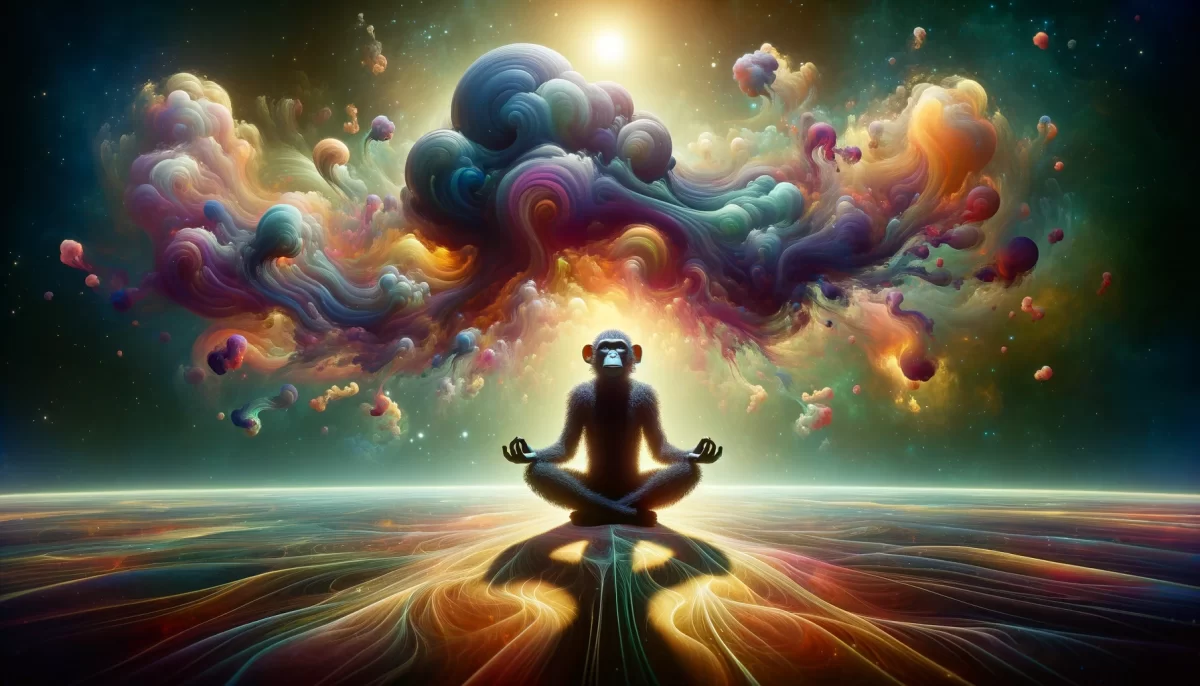
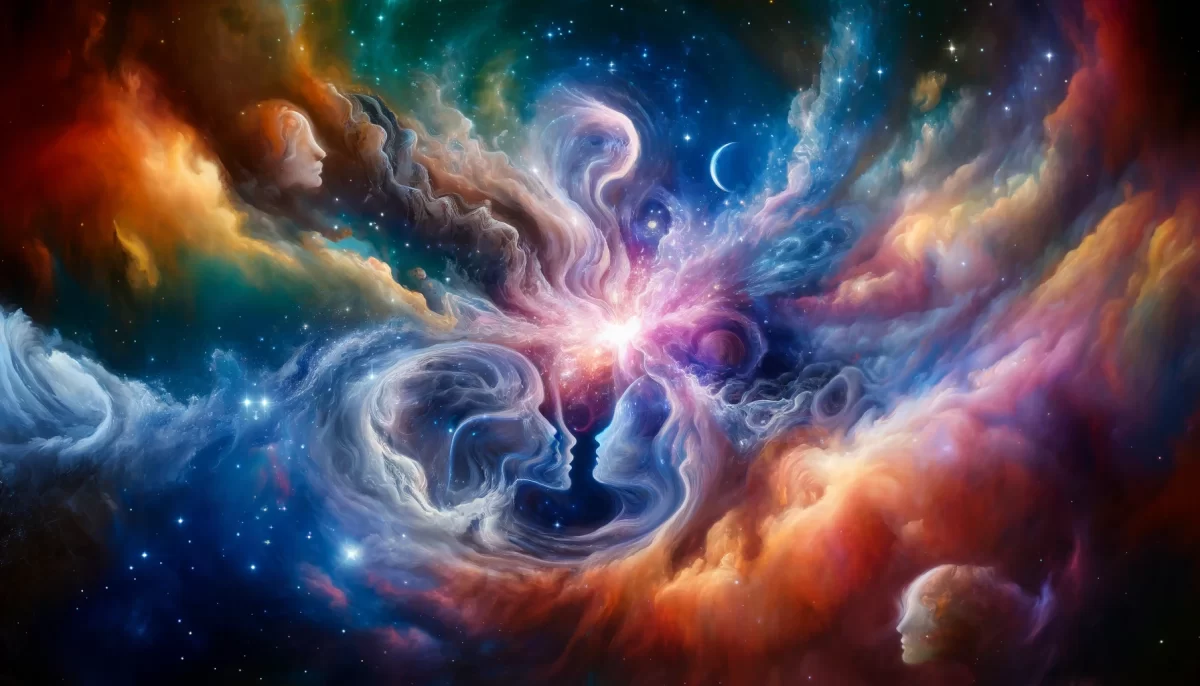
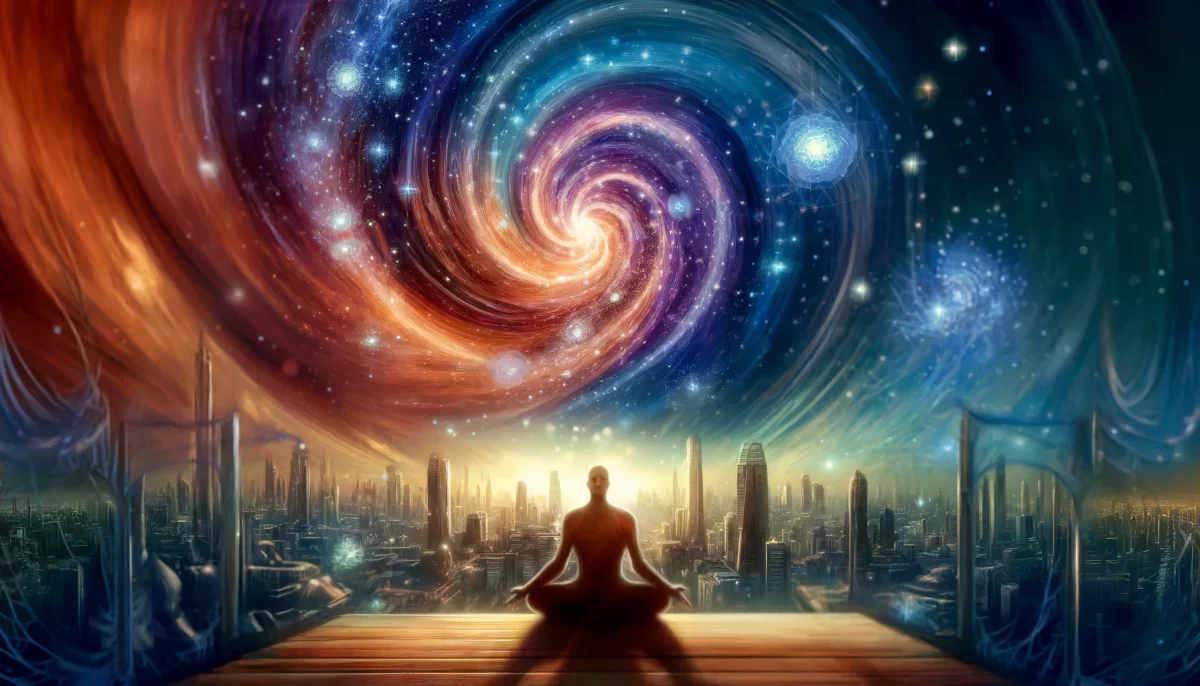
This poem presents a contemplation on the nature of human existence and the impact of human actions. It portrays the man as a curious being, constantly exploring and interfering with the world around him. The act of putting his fingers in everything symbolizes his tendency to touch, examine, and manipulate things beyond necessity.
The poem suggests that in the presence of man, purity and untouched potential are compromised. Man’s incessant probing and desire to understand and control everything disrupt the inherent beauty and unspoiled essence of things. The line “always imagining ways of getting into things” reflects man’s perpetual urge to explore even the smallest or most distant aspects of existence.
However, the poem also implies that man is unaware of his true role in the grand scheme of things. Despite his actions and the perceived influence he exerts, man is ultimately just a part of the imagination. The poem emphasizes that man’s involvement is merely illusory, and he is not truly the driving force behind creation or the unfolding of events.
By highlighting the contrast between man’s perceived agency and his actual role as the imagined, the poem suggests that man’s true purity lies in his recognition of this fundamental truth. The concluding lines, “We are not imagining, we are the imagined. We are Space Monkey,” reinforce the idea that human existence is a part of a larger cosmic fabric, and our true essence lies in our understanding of this interconnectedness.
Overall, the poem invites contemplation on the role of humanity in the grand scheme of things, questioning our tendency to interfere and control, while ultimately pointing towards a deeper truth of our existence as interconnected beings.